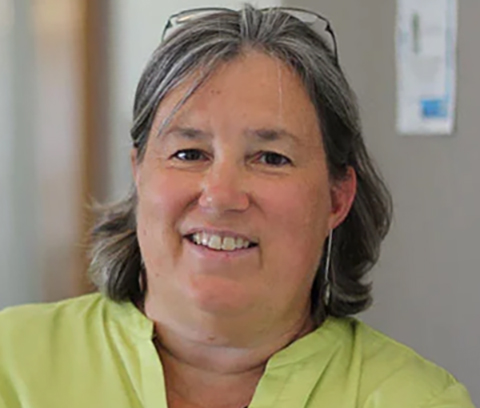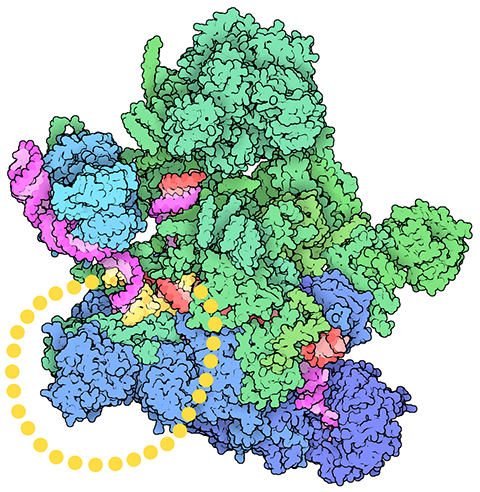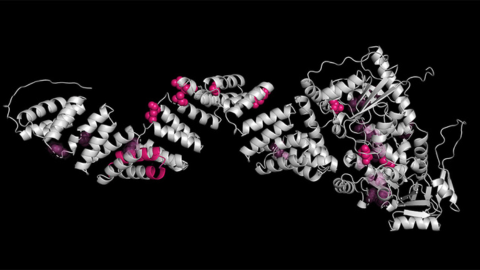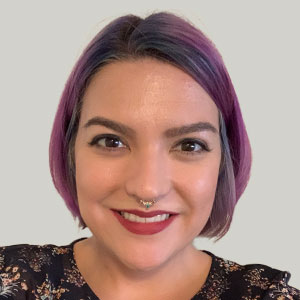Melissa Moore to speak at ASBMB 2025
RNA biologist, industry executive and science communicator Melissa Moore will take center stage as a featured speaker at the American Society for Biochemistry and Molecular Biology’s 2025 Annual Meeting, sharing her groundbreaking insights into RNA biology and therapeutics. A pioneering scientist and former Chief Scientific Officer at Moderna, Moore has played a key role in advancing messenger RNA, or mRNA, –based medicine and shaping the future of biotechnology.
At ASBMB 2025, she will discuss how persistence and serendipity helped define her career and why understanding poker fundamentals can up your scientific game.

After obtaining her Ph.D. in biological chemistry from the Massachusetts Institute of Technology, she pursued postdoctoral research with Philip Allen Sharp, a Nobel laureate who discovered split genes. During her postdoctoral research, Moore developed innovative techniques for site-specific modification of pre-mRNA, a technology that bridges long molecules of RNA.
As an early career scientist, Moore conducted research at Brandeis University, Waltham, Massachusetts, where her group explored the inner workings of RNA assembly, function and degradation. She revealed the activity and structural assembly of the spliceosome, which acts like a pair of molecular scissors to cut out unnecessary regions within newly transcribed genes to produce mature messenger RNA. Her work provided important insights into cellular quality control pathways.
After 13 years with Brandeis University, Moore joined the University of Massachusetts Chan Medical School. Here, she focused on developing RNA-based therapeutics for preeclampsia, a life-threatening blood pressure disorder that affects 10% of pregnant individuals, including Moore. She designed a small interfering RNA molecule targeting the soluble Flt1 proteins, which can cause abnormal placental blood vessel development. One of these drugs, CBP-4888, is currently in clinical trials and received a Fast Track designation from the U.S. Food and Drug Administration.

In 2016, Moore became the Chief Scientific Officer of Platform Research at Moderna Therapeutics, where she and her team helped develop Moderna’s mRNA-based vaccine against SARS-COV-2. In addition, she helped petition the FDA for an emergency use authorization during the height of the COVID-19 pandemic
In 2021, Moore shifted her focus to scientific communication, with the goal of explaining science to academics and lay people alike. Moore’s TED talk, “How mRNA medicine will change the world,” ranked among the top 10 most-watched in 2022.
Moore is an elected member of the National Academy of Sciences, a fellow of the American Academy of Arts and Sciences, winner of the 2011 ASBMB William C. Rose Award and winner of the 2021 RNA Society Lifetime Achievement Award. She has co-founded multiple biotech companies, including Via Scientific and Kerna Labs, sits on the boards of nChroma Bio and Tessera Therapeutics and serves in multiple consulting roles.
Enjoy reading ASBMB Today?
Become a member to receive the print edition four times a year and the digital edition monthly.
Learn moreFeatured jobs
from the ASBMB career center
Get the latest from ASBMB Today
Enter your email address, and we’ll send you a weekly email with recent articles, interviews and more.
Latest in Careers
Careers highlights or most popular articles

Upcoming opportunities
Friendly reminder: May 12 is the early registration and oral abstract deadline for ASBMB's meeting on O-GlcNAcylation in health and disease.

Sketching, scribbling and scicomm
Graduate student Ari Paiz describes how her love of science and art blend to make her an effective science communicator.

Embrace your neurodivergence and flourish in college
This guide offers practical advice on setting yourself up for success — learn how to leverage campus resources, work with professors and embrace your strengths.

Upcoming opportunities
Apply for the ASBMB Interactive Mentoring Activities for Grantsmanship Enhancement grant writing workshop by April 15.

Quieting the static: Building inclusive STEM classrooms
Christin Monroe, an assistant professor of chemistry at Landmark College, offers practical tips to help educators make their classrooms more accessible to neurodivergent scientists.

Unraveling oncogenesis: What makes cancer tick?
Learn about the ASBMB 2025 symposium on oncogenic hubs: chromatin regulatory and transcriptional complexes in cancer.

